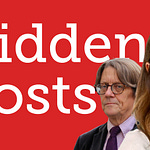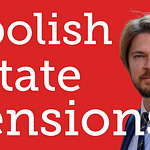In this Institute of Economic Affairs event, Managing Editor Daniel Freeman interviews Dr. Kit Kowol about his book “Blue Jerusalem: British Conservatism, Winston Churchill, and the Second World War” published by Oxford University Press. The conversation examines the surprisingly dynamic and idealistic aspects of the British right during World War Two and their competing visions for post-war Britain, challenging the myth that only Labour had ideas for the home front while Conservatives focused solely on military strategy.
Kit discusses the conservative intellectual renaissance that occurred during the war years, explaining how the absence of strong party control allowed a flowering of bottom-up thinking through journals, pamphlets, dining clubs and proto-think tanks. He explores how different factions within the Conservative Party fought over Britain’s future, from those advocating for economic planning to free marketeers warning against socialism. The conversation covers the debate between those who wanted a “people’s war” with revolutionary citizen armies versus professional military leadership, and how these wartime arguments shaped Britain’s political trajectory.
The discussion concludes with reflections on why the Conservatives lost in 1945 despite wartime achievements, the post-war consensus that marginalised free market voices, and why the Conservative Party cannot simply look to the past for answers to today’s challenges. Kit argues that modern Britain is radically different from 1945 or even 1997, requiring fresh thinking rather than historical parallels. This event took place at the IEA, the organisation whose intellectual origins emerged from the same wartime milieu Kit documents in his book.











